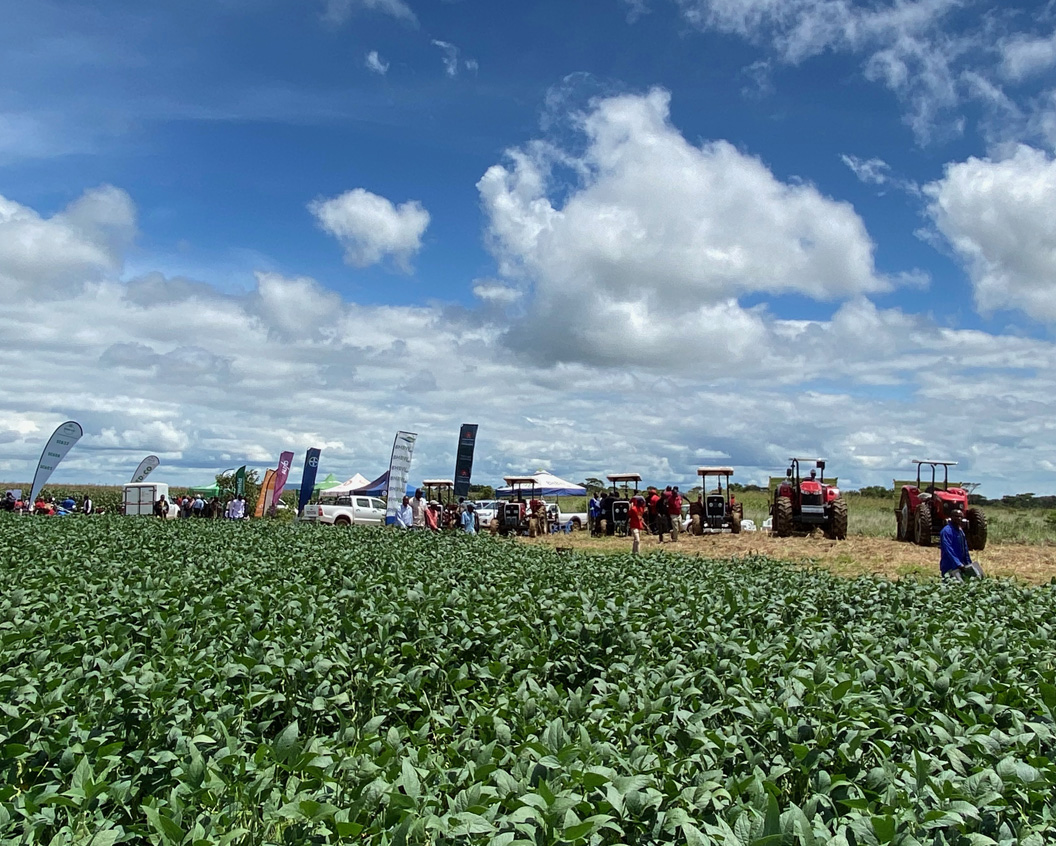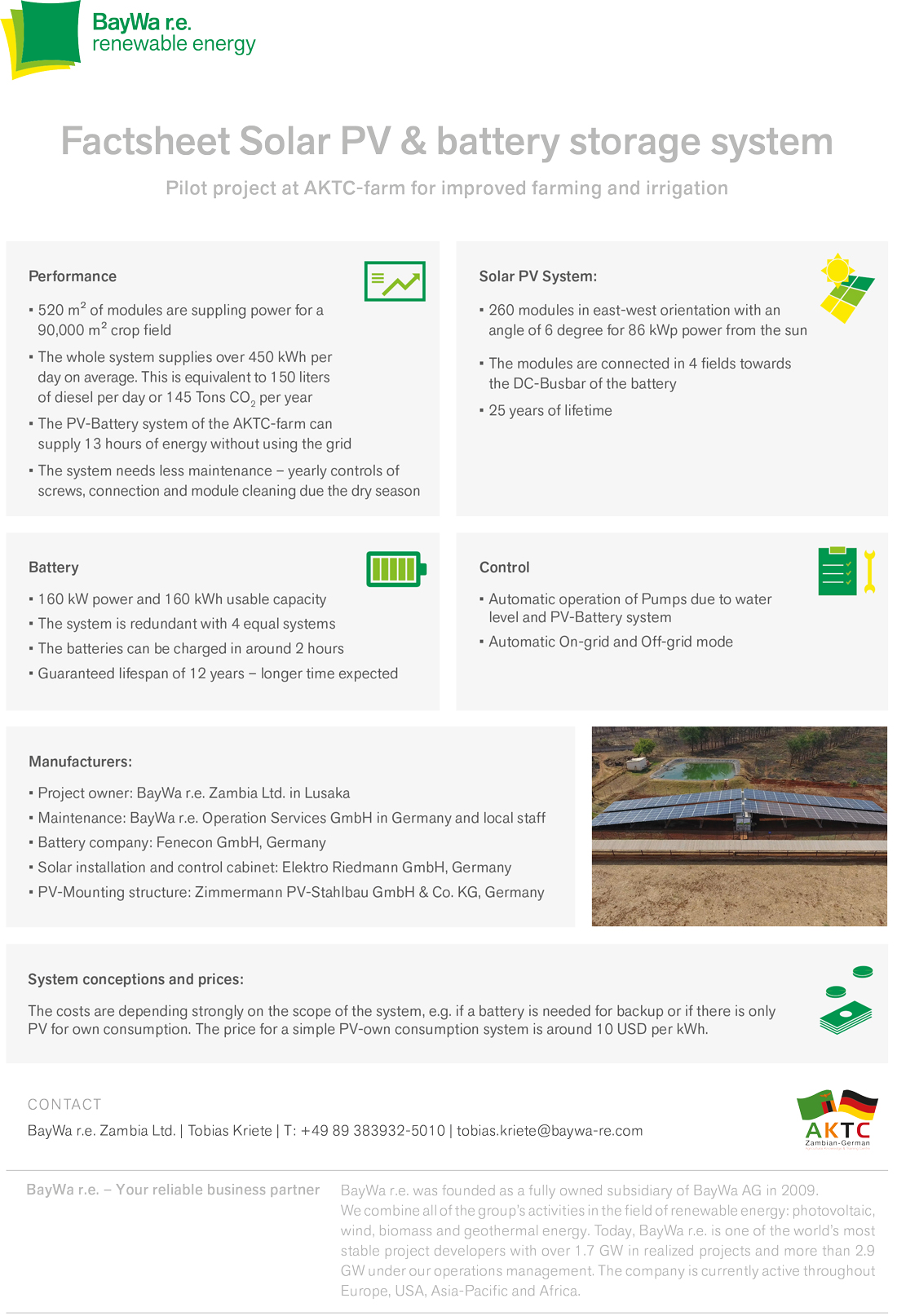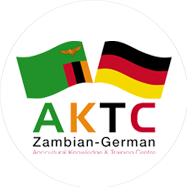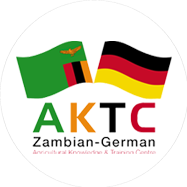Field Demonstrations and Research
As an agricultural training centre, research and field demonstrations are inevitable activities of the AKTC project. This is because new and advanced knowledge is developed every day and before such knowledge is disseminated to the farmers, research and demonstrations have to be conducted in order to give evidence-based data to the farmers.
AKTC conducts field demonstrations and research on 10, 27 and 62 hectares of land at the Golden Valley Agricultural Research Trust’s (GART) Chaloshi farm. Field trials and field demonstrations on the 10-ha field are run by a photovoltaic driven pivot whereas the 62ha pivot operates under the main grid electricity supply. On the other hand, research done on the 27 ha are purely rain fed.
Over the past 6 years, our farm trials and field demonstrations have been so much concentrated on developing new farming practices in soya beans, wheat and potato production. These trials have been done with the aim of achieving better crop yields under pivot irrigation. However, in order to react to the current climate change crisis, AKTC has incorporated an aspect of mechanised conservation agriculture as part of its research focus done on dry land.
The project is currently conducting two ongoing trials on the 10 and 62 centre pivots and one research activity on the 27ha dry land. Trials on the 10ha pivot (Variable rain) seeks to develop an irrigation-based programme that could be used to determine how much water is needed in different parts of the field, based soil water holding capacity and moisture content. The main objective of this trial is to conserve water while irrigating the field at optimal capacity. The variable rain demonstration is being done in cooperation with BayWa one of AKTC’s private sector partners. Under the 62ha pivot, the trials aim at reinforcing existing scientific data on good agronomic practices e.g comparing effectiveness of no-till under mulch against conventional tillage.

Field and Youth Day events
In order to introduce the practical use of new agricultural technologies and techniques to the Zambian farming community, AKTC conducts special events such as field and youth day events once every year. Our field days mainly target the overall farming community around Zambia whereas the youth day events target the young emerging farmers who come together to share related knowledge.
On the other hand, the mechanised conservation agriculture, also known as the Climate Adapted Farming Methods (CAFM) research seeks to develop efficient and climate smart farming methods that could help farmers to withstand the adverse effects of climate change. This research is being conducted by a Ph.D. Candidate from the University of Hohenheim (Germany) in collaboration with the University of Zambia (UNZA).
In order to find out which land preparation method is economically viable as well as resilient to climate change, three (3) different land preparation methods are compared. These included discing, ripping and direct seeding on repetitive plots of the 27ha dry land. The focus crops of the research planted under these tillage methods are maize, soya beans and some cover crops (pigeon millet, sun hemp and sunflower). This research is ongoing and will be reconducted for 2-3 farming seasons, in order to come up with tangible results that will help in addressing effects of climate change in the Zambian context.
To publicise results of our research findings, field days and demonstrations are hosted at certain stages of the research activity. Farmers, field extension officers and agricultural learning institutions are invited to witness the findings. The first findings of the CAFM research have so far been published to the farming community around. With such activities, farmers are able to compare ongoing research trials versus farmers’ practices.
Farmers interested in the findings of our ongoing research activities can visit our website on www.aktczambia.com to obtain conclusive results.


